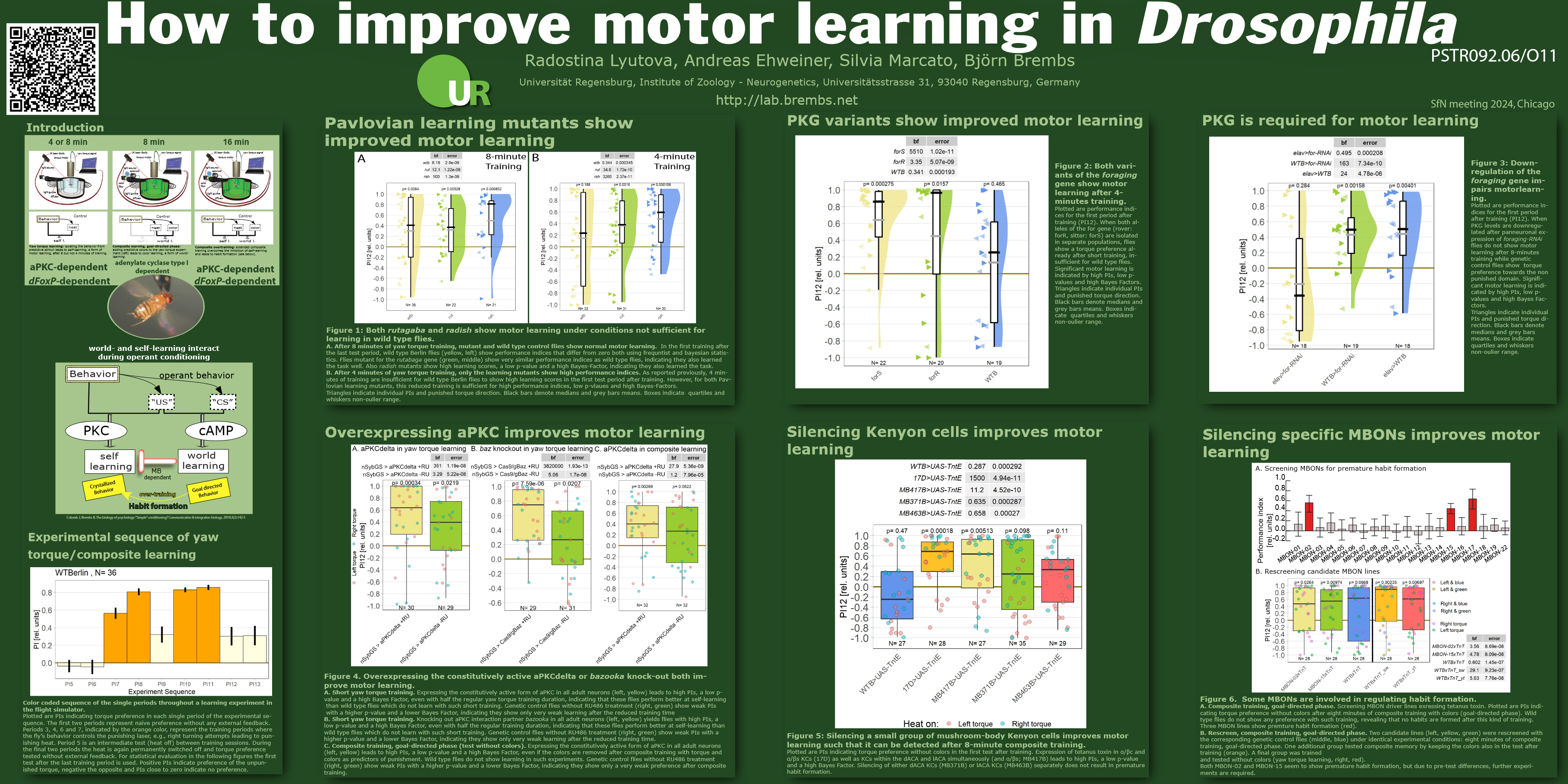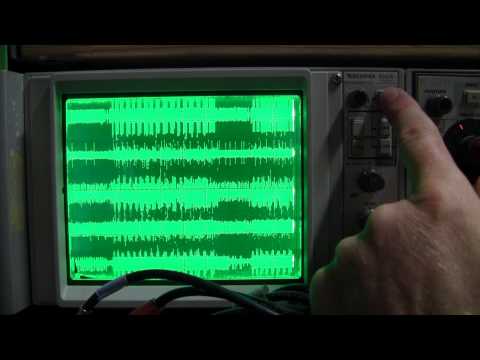Developmental expression of dFoxP is required in motorneurons for operant self-learning in Drosophila
- Version
- Download 1622
- File Size 0.00 KB
- File Count 1
- Create Date July 5, 2022
- Last Updated July 5, 2022
Developmental expression of dFoxP is required in motorneurons for operant self-learning in Drosophila
Out of the four FOXP genes in humans the FOXP2 transcription factor was shown to have an unique role in speech learning and articulation. This function is highly conserved as analogous motor learning functions were identified in songbirds, rodents or fruit flies. While Drosophila is not a vocal learner, the process of torque learning in tethered flies is an analogous motor learning process to vocal learning. An initially very variable behaviour (e.g. sub-song in finches or torque in flies) is being modulated via an operant feedback (auditory or temperature) loop to shape the variable actions to the desired output (crystalized song, avoidance of heat). Accordingly, the fly orthologue of the FOXP2 gene, dFoxP is also involved in this operant self-learning task. Due to the broad expression, it remains unknown which brain regions or gene targets are important for this learning process. We performed different spatial or temporal knockouts of dFoxP using CRISPR/Cas9. Knocking out dFoxP in individual brain regions did not lead to any learning defects. A knockout of dFoxP in all neurons of adult flies showed no immediate effect, but 14 days old flies were impaired in learning. Knocking dFoxP out in motorneurons results in an impairment to fly. As protein kinase C (PKC) is required in motorneurons for torque learning, we expressed PKCi, an inhibitor of PKC in dFoxP isoform B (FoxPiB)-positive neurons and found a learning impairment. Knocking out only the atypical PKC (aPKC) in motor neurons or dFoxPiB-positive neurons via CRISPR/Cas9 also leads to learning defects, suggesting that aPKC is the gene responsible for operant self-learning in Drosophila.















